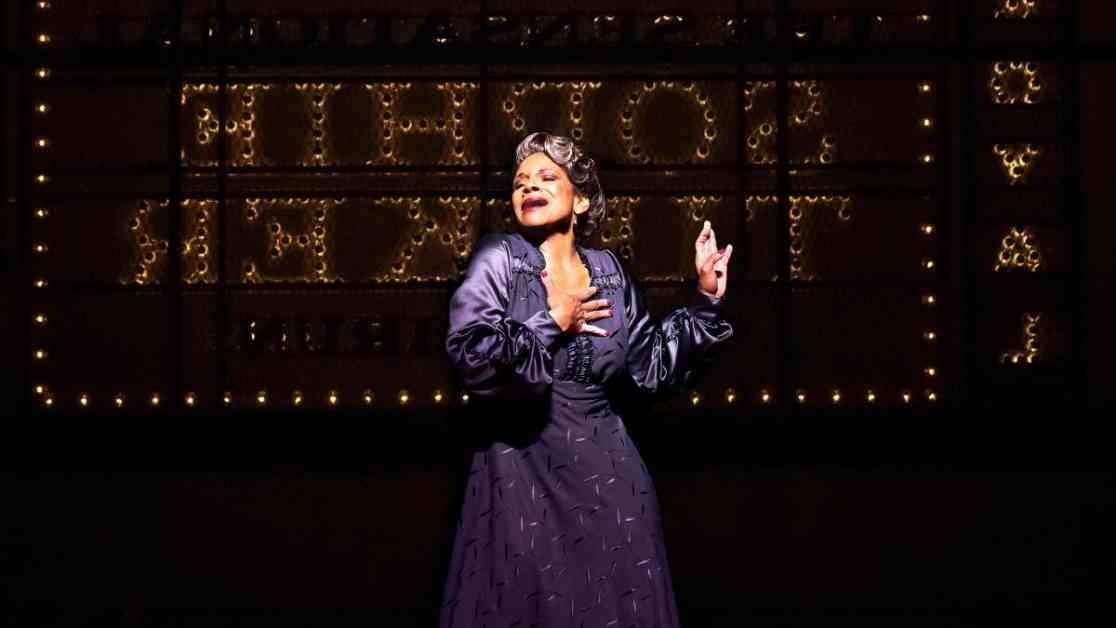Audra McDonald’s portrayal in the Broadway revival of “Gypsy” left audiences and critics alike in awe, but not without a journey of discovery and transformation along the way. Directed by George C. Wolfe, this production brought forth a new interpretation of the timeless classic that had many initially questioning McDonald’s approach to the iconic role of Rose.
From the opening moments of the show, where McDonald’s performance seemed at odds with traditional expectations, to the climactic finale of “Rose’s Turn,” a metamorphosis took place that transcended mere acting. As a seasoned theater enthusiast, I found myself grappling with conflicting emotions as I witnessed McDonald’s interpretation unfold on stage.
Embracing a New Narrative
In the realm of Broadway, reviving a classic like “Gypsy” comes with a legacy that looms large over any new production. With a deep-rooted history of legendary performers who have taken on the role of Rose before, McDonald faced the challenge of redefining the character in her own image. Drawing on her full historical self as a Black woman, McDonald’s portrayal added a layer of recontextualization that resonated deeply with the audience.
While some critics initially raised concerns about the casting of a Black actor in this role, McDonald’s performance ultimately won over even the most skeptical viewers. By infusing her interpretation with a sense of sacrifice and redemption, McDonald brought a fresh perspective to the character that was both captivating and emotionally resonant.
A Journey of Self-Discovery
As I grappled with my own preconceived notions of what Rose should be, McDonald’s vocal prowess and nuanced delivery challenged my expectations. Known for her lyric soprano, McDonald’s interpretation of Rose as a belter showcased her versatility as a performer. Each musical number revealed a different facet of her character, from tender ballads to explosive moments of psychodrama.
While some may have questioned the seamless integration of McDonald’s vocal style with the character of Rose, I came to appreciate the intentional choices she made in portraying a woman who had to adapt and survive in a world not designed for her. The emotional depth and complexity that McDonald brought to the role culminated in a powerful and transformative performance that left a lasting impact on all who witnessed it.
In the end, “Gypsy” proved to be more than just a revival of a classic musical. It was a testament to the enduring power of storytelling and the ability of a gifted performer like Audra McDonald to breathe new life into a beloved character. As I left the Majestic Theatre that evening, I felt not only reborn but also deeply moved by the profound artistry that had unfolded before me. Audra McDonald had not only shone in the role of Rose but had also illuminated the rich tapestry of American history and culture that resonated with audiences on a visceral level.














